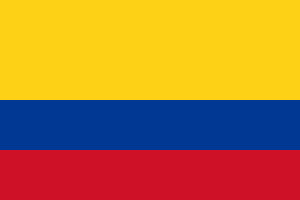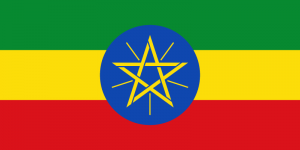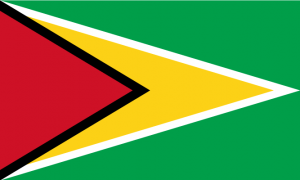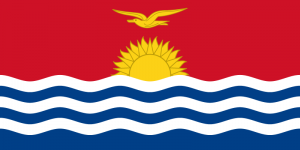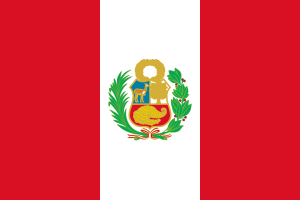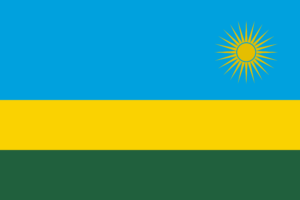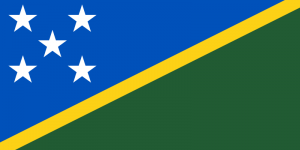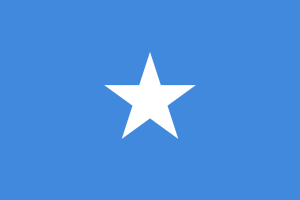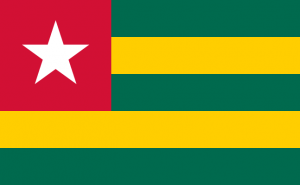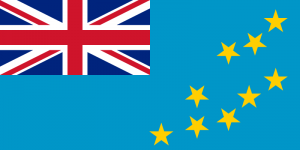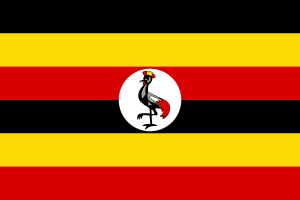OUR PROGRAM
The NAP Global Network worked with the Government of Fiji on their country’s NAP from the beginning of its development in September 2017 until mid-2020.
After working on an interministerial approach to the NAP process that would ensure institutional legitimacy, we focused on the implementation of Fiji’s NAP in 2019. This program helped the country develop a monitoring and evaluation (M&E) framework and communication strategy while working with sectors to advance the implementation of relevant priority actions identified in the NAP document.
A new support program started in October 2021 aims to help Fiji develop a monitoring, evaluation, and learning (MEL) system for the NAP process, as well as assist in elaborating a 5-year review report of the NAP document.
MILESTONES
2022
- Video | Solutions in Nature: Lessons from Fiji and Timor-Leste: Featured two countries—Fiji and Timor-Leste—that are effectively scaling up ecosystem-based adaptation (EbA) actions through their NAP processes.
2021
- How Fiji Is Using the National Adaptation Plan (NAP) Process to Scale Up Ecosystem-Based Adaptation (EbA): This briefing note provided an overview of how the Fijian government is approaching EbA—a type of nature-based solution (NbS)— and shared lessons for other countries seeking to use the NAP process to scale up EbA.
2020
- Virtual Learning Event | Monitoring and Evaluation (M&E) for National Adaptation in Pacific Small Island Developing States: Provided a platform for Pacific Small Island Developing States (SIDS) to share perspectives, experiences, and lessons learned on monitoring and evaluation (M&E) of national adaptation. Participants included representatives from Fiji.
- NAP Costing Methodology: Developed a costing methodology for Fiji’s NAP to help the Climate Change and International Cooperation Division and sectoral ministries with the costing of adaptation actions identified in the NAP document.
- Monitoring & Evaluation Framework: The Ministry of Finance identified eight concrete next steps to advance a system to monitor and evaluate the NAP process based on a review of existing M&E practices in Fiji and a large data mapping exercise.
- Validation Workshop for Fiji’s NAP M&E Framework: Reviewed and further developed an M&E Framework for Fiji’s National Adaptation Plan (NAP).
- Deep Roots for Resilient Communities — A nature-based solution helping Fiji adapt to climate change: This digital story looked at how Fiji relies on a vetiver grass NbS to help adapt to climate risks, making the most of the benefits that ecosystems provide for human well-being and biodiversity.
2019
- Video of Fiji's NAP process: Launched to complement Fiji's Communications Strategy and used to enhance an understanding of the NAP process among sectoral ministries.
- Communications strategy: The Climate Change and International Cooperation Division of the Ministry of Finance became better equipped to engage key stakeholders in the implementation of the NAP process, including staff of government ministries, members of civil society, and representatives from the private sector and from development partners who can finance adaptation.
- Roadmap for Fiji’s hydrometeorological services: The Ministry of Infrastructure, Transport, Disaster Management & Meteorological Services advanced the implementation of Action 7.01 on climate information service and management prioritized in the NAP document.
- Awareness workshops: Trained communications officers from government ministries and agencies in Fiji and key stakeholders at the subnational level supported the implementation of the NAP by providing a better understanding of its process.
2018
- NAP document: The Cabinet of the Fijian government endorsed a 5-year national strategic action plan on adaptation to support a coordinated approach to climate-resilient development. It was launched at COP 24.
- National Consultation Workshop: Over 130 stakeholders from diverse sectors and levels of government reviewed and discussed the content of the NAP document.
- Prioritization process: Relevant ministries, organized in 14 technical working groups, prioritized 160 adaptation actions using a multi-criteria analysis.
- Stocktake process: The Climate Change and International Cooperation Division of the Ministry of Finance consolidated nearly 900 adaptation actions already identified in key strategic documents in a single repository to ensure that the NAP process builds on what already exists.
- Inter-Ministerial Steering Committee: The Ministry of Finance established a committee comprising relevant sector technical leads to guide the development and implementation of the NAP process and enhance coordination among relevant stakeholders.
2017
- Embedded advisor appointed: The embedded advisor to the Fijian government supporting the Ministry of Economy played a key role in advancing Fiji’s NAP process.
- NAP Framework: The Cabinet of the Fijian government endorsed an overall approach to the development of its NAP process, developed under the coordination of the Ministry of Finance through a participatory process. It was launched at COP 23.


